Phytotherapy >>>> Reishi mushroom - properties and uses
Reishi mushroom - properties and uses.
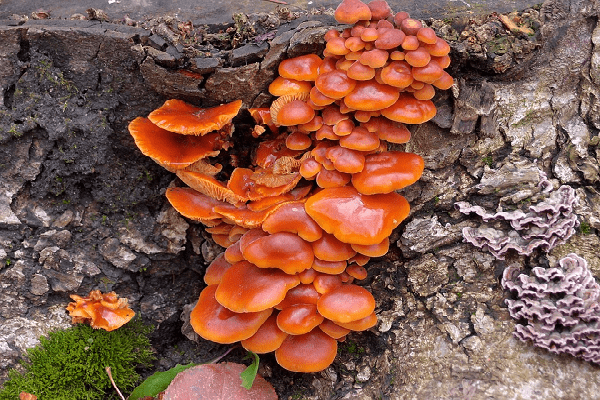
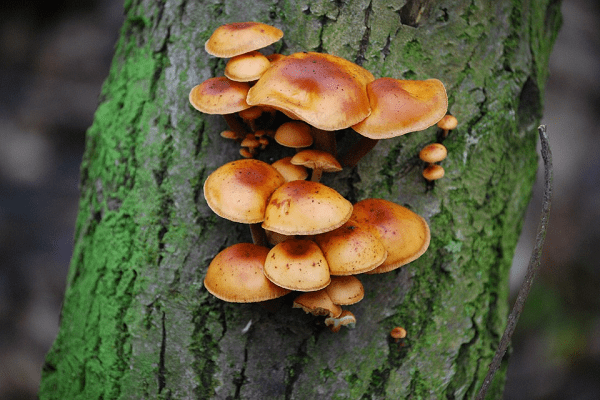
The tree destroyer - the saprophyte Reishi mushroom has been known since ancient times for its extraordinary properties, which attracts the attention of phytotherapy lovers.
The botanical name of the Reishi mushroom "Lacquered polypore" or "Ganoderma" is obtained by this type of plant for the glossy, almost polished surface of the cap, which "decorates" and at the same time destroys the trunks of dying deciduous trees or wooden log cabins (manifests itself as a disease of trees).
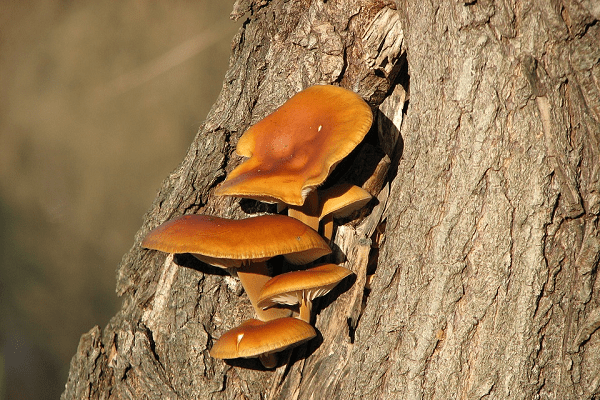
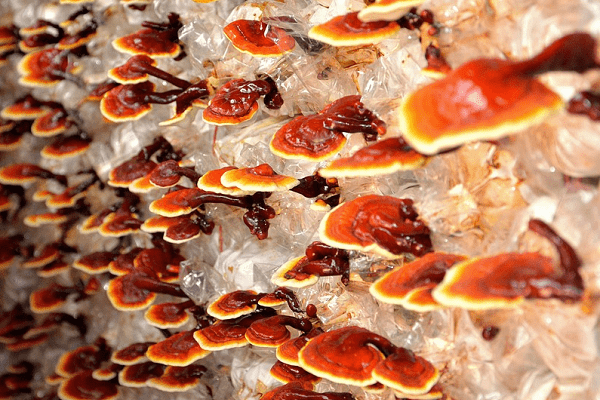
Reishi mushroom is more familiar to adherents of oriental medicine, where it received the name "mushroom of immortality". On sale, the Reishi mushroom is found under the names: Lin-chzhi, Racy and Lingchi. The composition of the mushroom has provided it with fame for many centuries due to a wide range of trace elements (zinc, sodium, potassium, manganese, iron, magnesium, copper and others) and carbohydrates (including triterpenes - vegetable essential resins and oils). It is the triterpenes that endow the Reishi mushroom with medicinal properties, the most significant of which are bronchodilator, vasodilator, antispasmodic, hepatoprotective, cytotoxic (antitumor), immunomodulatory and antiallergenic properties.
The vasodilating properties of the Reishi mushroom are used in herbal medicine for cardiovascular diseases: heart failure, coronary heart disease, vascular thrombosis, vascular circulatory disorders, atherosclerotic vascular injuries and similar diseases.
The bronchodilating properties of the Reishi mushroom are used in phytotherapy of bronchospasm, cough, bronchitis, asthma.
he antispasmodic properties of the Reishi mushroom make it possible to use it in cases of spastic colitis, intestinal colic and other painful conditions of the gastrointestinal tract, requiring relaxation of the smooth muscles of the intestinal walls and stomach.
As a hepatoprotective agent, Reishi mushroom is used for various liver diseases (alcoholic or viral cirrhosis, obesity of the liver and other destructive diseases of liver tissue).
The immunomodulatory properties of the Reishi mushroom are used in the prevention of seasonal infections, asthenic syndrome, during periods of rehabilitation of the body after severe illnesses.
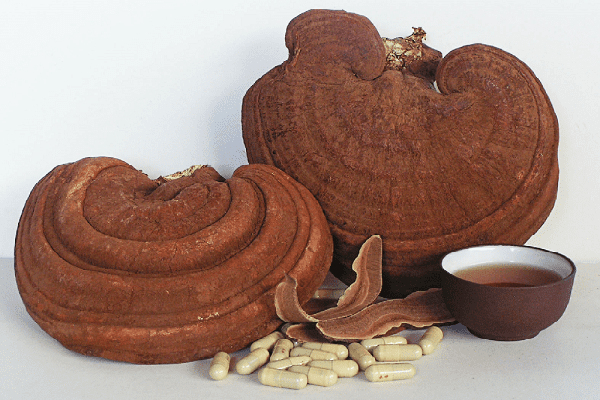
Contraindications to the use of Reishi mushroom as a medicinal or tonic product are a tendency to hemorrhage, bleeding, breastfeeding or children under 12 years of age.
Reishi mushroom is sold in dried form, in powder form, in the form of extracts in alcohol or water, in the form of oil solutions, as an additive to tea.
You can make an infusion, tea with the addition of mushroom extract, kvass (fermented drink with mushroom extract) from the Reishi mushroom at home on your own. Dried mushroom caps are ground in a coffee grinder and infusions, teas and other drinks are prepared from the powder.
Reishi mushroom is not a poisonous mushroom, but its medicinal and beneficial properties directly depend on the age of the mushroom and its varieties.

Read

Read



























